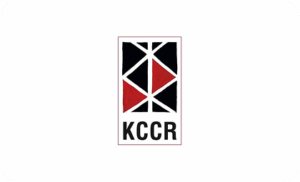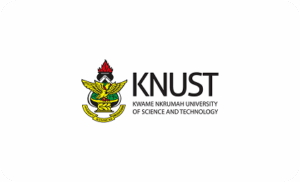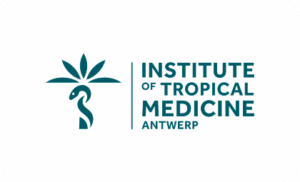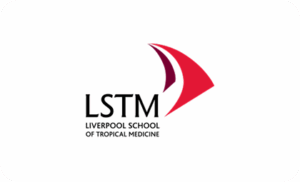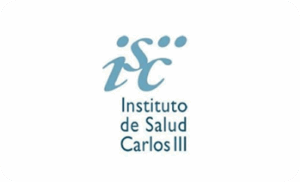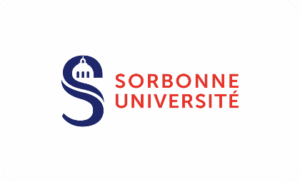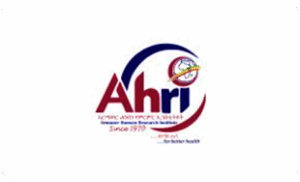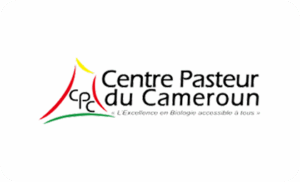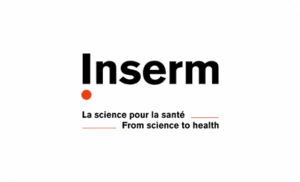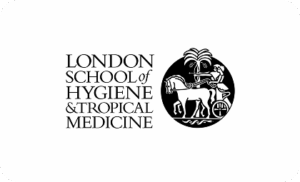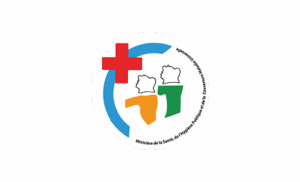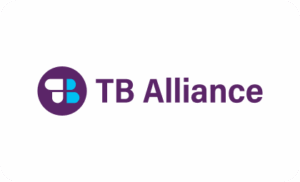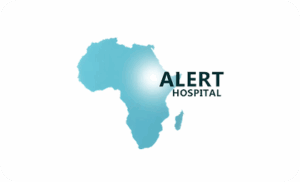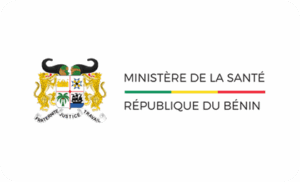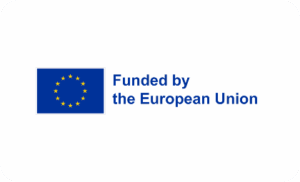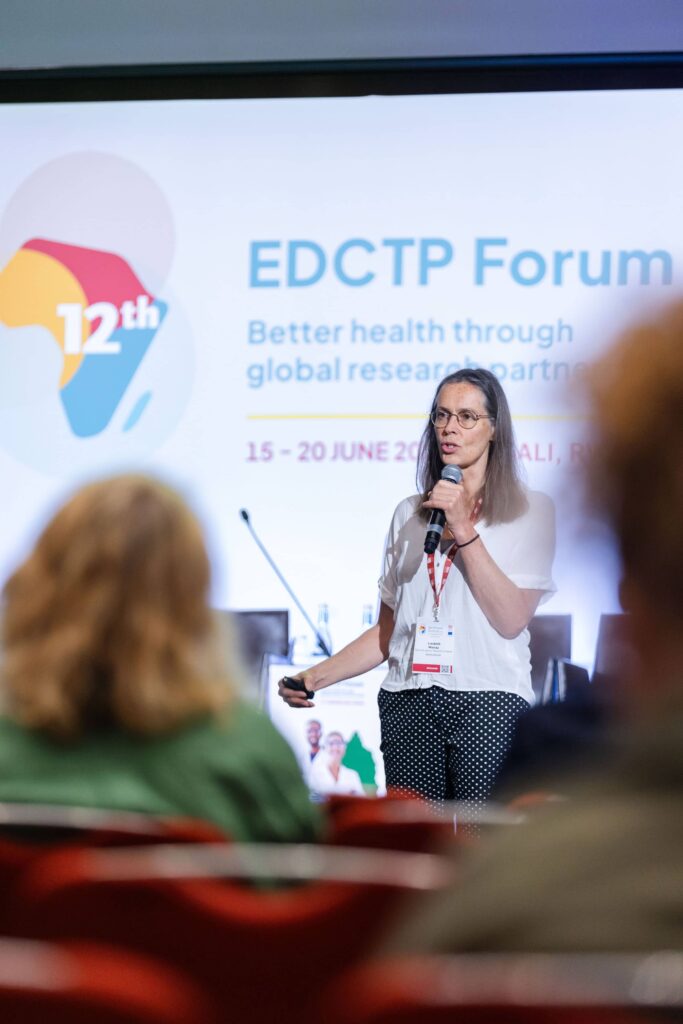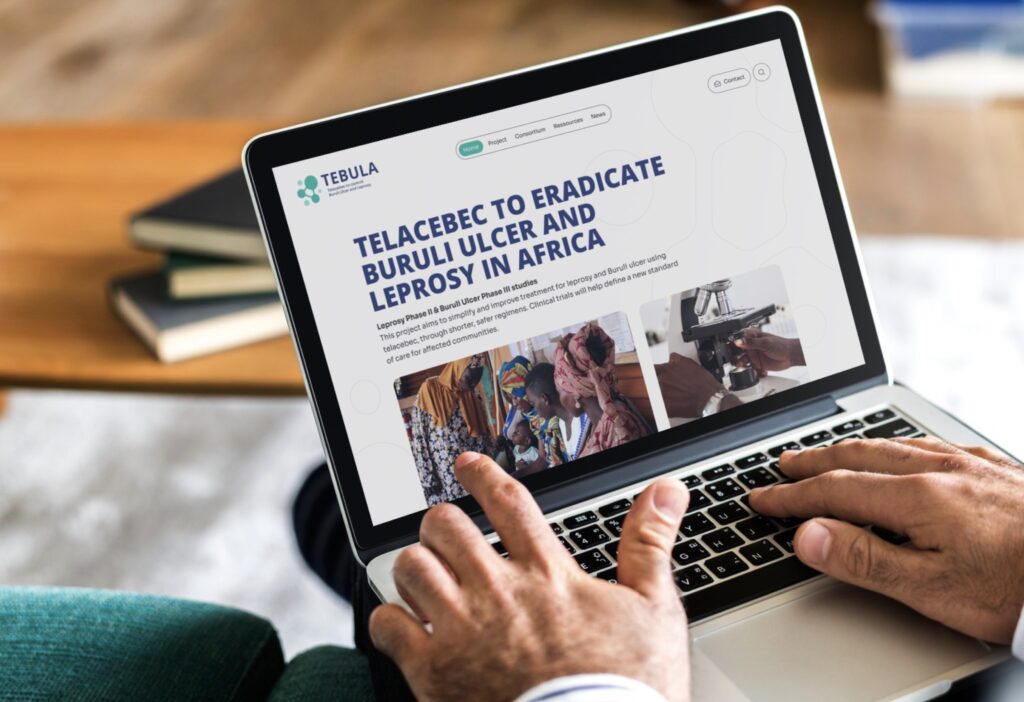
A Global Partnership for Buruli Ulcer and Leprosy Innovation
The TEBULA project is formed by a consortium of partners and associated partners
The consortium of organizations and individuals proposing this work represents a unique combination of disease experts, drug developers, scientists, clinicians, national control programmes, and NGOs who have specific and relevant experience designing and conducting clinical trials in Buruli ulcer and leprosy, as well as experience in the implementation of therapeutic advances into affected communities. There are strong leadership roles assumed by African scientists, and a history of productive collaborations among many of the participating organizations, who all recognize the critical importance of collegial integration of the many interrelated activities proposed.
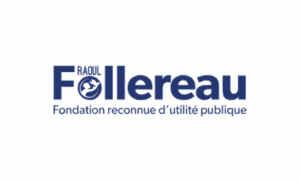
Fondation Raoul Follereau (FRF)
COORDINATOR
The Consortium is coordinated by the Raoul Follereau Foundation (FRF), led by Prof. Roch Christian Johnson, medical director of FRF. For the past 70 years, FRF has been traditionally committed to the control of leprosy and BU, particularly in West Africa. As a key stakeholder in the fight against both leprosy and BU, FRF offers the expertise and the framework necessary to coordinate the integrated leprosy and BU research activities finding the role of telacebec in reducing the disease burden.
The CDTLUB Raoul and Madeleine Follereau in Pobè is a reference center established at the request of the Ministry of Health of Benin by the Raoul Follereau Foundation (FRF). This center focuses on the screening and treatment of patients suffering from leprosy and Buruli ulcer, and on operational research.
